
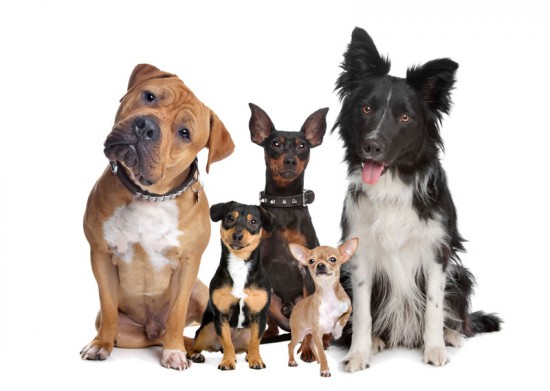
Whatever the reason, think long and hard before you go out and get a dog or puppy.
So many people choose a dog by the way it looks, or as a status symbol, with little or no regard as to how to train it, feed it, exercise it, or how to look after it.
Lots of research needs to be done before going to see a puppy, e.g. How big will it grow? How much will it cost to feed, not for just a couple of weeks but for the rest of it's life? How much exercise will it need? Can I manage to commit to that much walking? Will it get on with other dogs and cats? etc. Etc.
If this was done prior to getting a dog, maybe there would be less dogs in rescue centres.
Make a list of things you want from a dog. Then check the breeds and cross off the matches. Don't pick the first one you see. Check out a few, make sure you can see the parents and if home bred, check out the home and environment that the dogs live in.
Ask questions. No reputable breeder will refuse to answer them. They want their dogs to go to a good home. If your questions are not answered to your satisfaction go somewhere else.
Pedigree or non pedigree? Some pedigrees are far more expensive than non pedigrees but this does not mean they are any better or more suitable, it just means you can check their breeding and background. Non pedigree, mongrel or cross breeds can be far more suitable as good breeders try to breed out the weaknesses that are prevalent in one of the breeds they are crossing. This can make the dog stronger in health and mind. It can also go the other way making them weaker but is very rare.
Choose your dog to fit in with your lifestyle, accommodation, and financial situation. If you work all day and live in a small flat, think long and hard before you consider getting a Rottweiler or in fact any dog. All dogs need to be taken out, socialised and exercised and they need company. To be left alone all day is asking for trouble, destruction and a mentally bored and anxious dog.
Every dog has good and bad points, you have to decide how many of it's bad points you can tolerate, or, do you choose one with no bad points? Every dog no matter what the breed or breeding will have it's bad point, like humans none of them are perfect. Choose one that ticks all the boxes you have listed, it might be a long search if you are looking for a dog with no bad points. Check out the breeds susceptible to illness, vets visits can be expensive. Look into the cost of pet insurance, some are quite reasonable and could be a necessity if you dog ever gets injured.
Do you go away a lot on holiday or to work? Can you take the dog with you? if not do you know a reputable kennels or a good friend or neighbour that will take you dog in while you are away?
Do you have unruly or young children that will tease and annoy the dog? This could cause problems as a dogs natural defence is to bite. It may not be one of your children that it bites resulting in your dog being branded vicious and being euthanised. Nobody wants a dog that bites, especially if it bites children.
If you can go and watch the pups in their litter see if one of them is not joining in with playing with the rest, it may have something wrong with it, choose one that is playing but not being aggressive with it's litter mates.
There are indiscriminate breeders around and you need to check out the breeder as far as you can. Good breeders will not mind you checking them out,
If you go to a rescue centre for you dog, they will help you with information, facts and any behavioural problems that a specific dog will have.
A rescue dog should have most of it's behavioural problems iron out, so could possibly be a good alternative to a new puppy that needs a lot of training. A rescue dogs may also need training to fit in with your life but what you see is what you get, hopefully no surprises. Rescue centres also microchip their dogs so you might find you never actually own the dog. If it gets lost or escapes and is picked up the microchip gives the owner as the rescue centre and the dog will be returned there. The rescue centre will then contact you and either return the dog to you or keep it depending on the circumstances of its being loose.
Another expense of a puppy is getting it microchipped, this may become law that all dogs will need to be microchipped. Your vet can do this and occasionally animal charities do this for a donation. Details of the microchip are kept on your vets computer, these can be changed for a small fee if you sell or give your dog away, or if you move house.
This is purely your preference, girl dogs or bitches are slightly more expensive to get neutered as they need to have an operation that usually means an overnight stay, depending on the breed. Male dogs need to be neutered if they are not being used as a stud or you might find they tend to mark their territory with urine that can be a bit smelly. They could also be a nuisance around female dogs trying to mount them, this is more embarrassing to you than harmful to the dog.
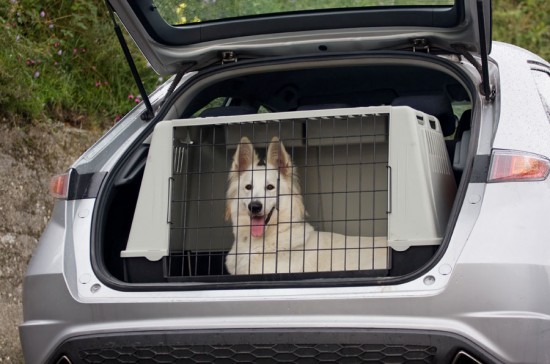 Keeping Your Dog Safe In The Car
Keeping Your Dog
Keeping Your Dog Safe In The Car
Keeping Your Dog
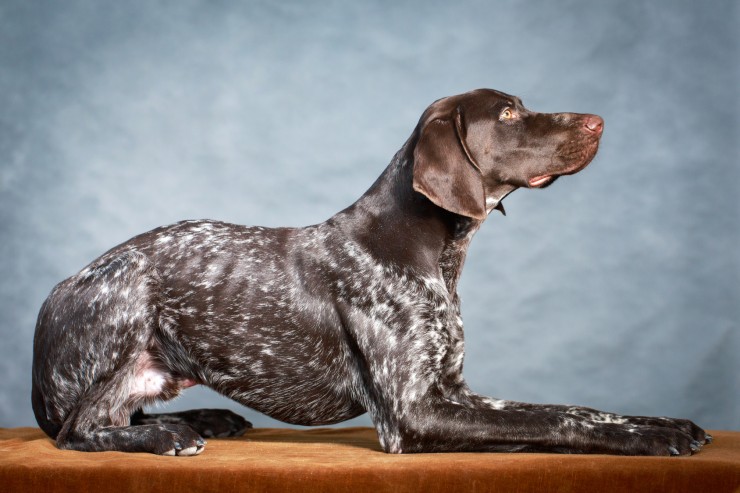 Canine Muscular Dystrophy And Affected Breeds
Canine Muscular D
Canine Muscular Dystrophy And Affected Breeds
Canine Muscular D
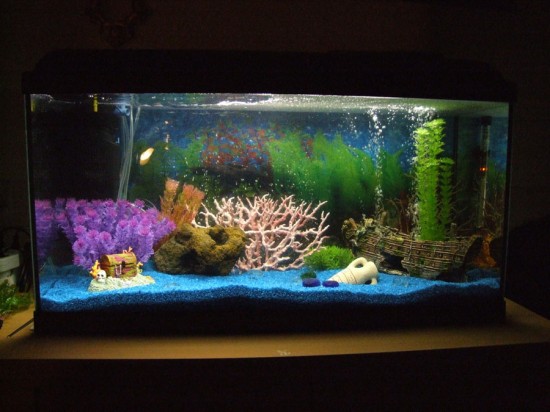 Thinking Of Keeping Tropical Fish?
Thinking Of Keepi
Thinking Of Keeping Tropical Fish?
Thinking Of Keepi
 How The Size And Breed Of Your Dog Affects Their Health In Old Age
How The Size And
How The Size And Breed Of Your Dog Affects Their Health In Old Age
How The Size And
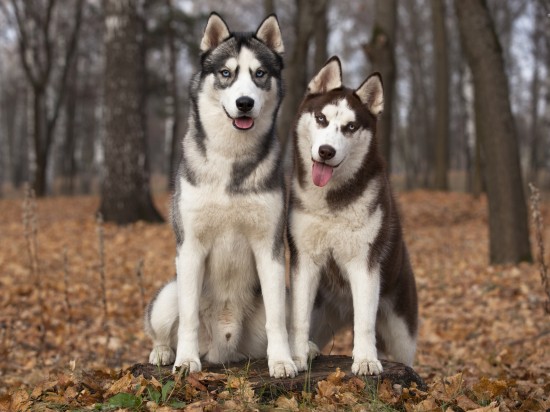 Siberian Husky Hereditary Health And Longevity
Siberian Husky He
Siberian Husky Hereditary Health And Longevity
Siberian Husky He
Copyright © 2005-2016 Pet Information All Rights Reserved
Contact us: www162date@outlook.com